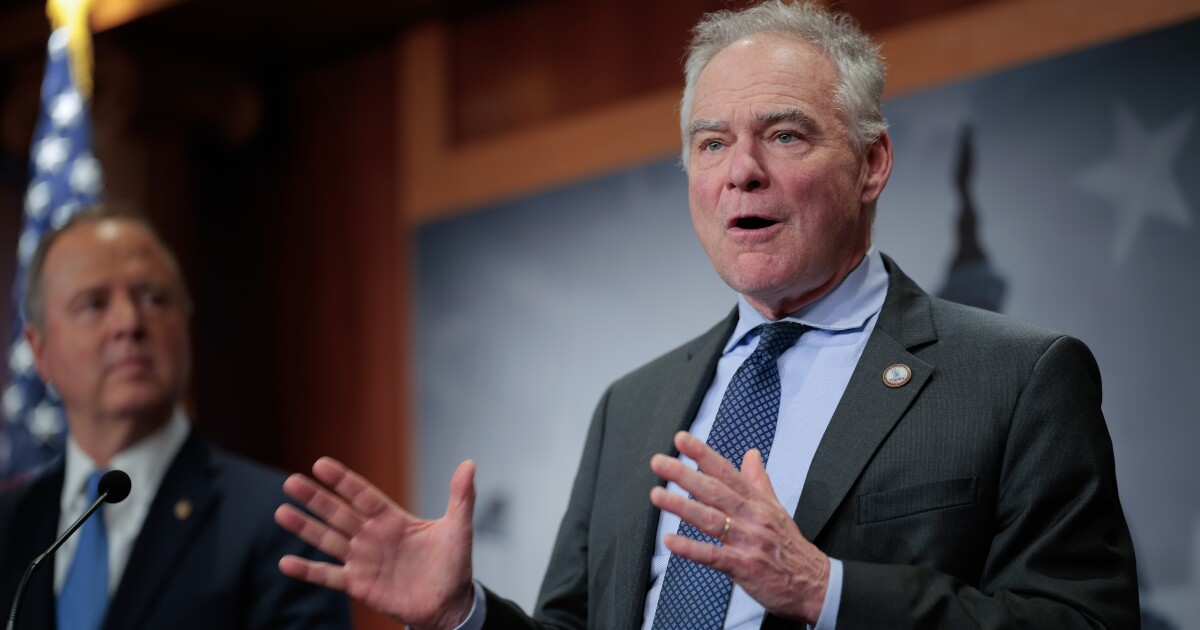Michigan State Budget Standoff Leaves Employees in Limbo
As the deadline for finalizing Michigan’s state budget approaches, uncertainty looms over thousands of state employees. With less than two weeks left, the ongoing negotiations between the Democratic Governor Gretchen Whitmer and the GOP-led House, along with the Democrat-controlled Senate, have yet to produce a bipartisan budget agreement.
Despite the pressing timeline, state employee union contracts mandate a 14-day advance notice for any layoff notifications. So far, the state has not issued such warnings, leaving workers anxious about their future. A potential loophole to bypass this requirement is labeling the layoffs as “temporary.” According to the Michigan Civil Service rulebook, employees can be placed on temporary leave for up to 20 days in a fiscal year without prior notice, which could explain the current absence of notifications.
Rachel Dickinson, president of United Auto Workers Local 6000, representing 15,000 state workers, expressed concerns about the lack of communication. “We still need to know what the plan is, what the contingency plan is, and we have received no information,” she said. Dickinson warned that executing layoffs without the requisite notification could breach civil service rules and likely trigger grievances.
Meanwhile, Lauren Leeds, the communications director for the State Budget Office, conveyed optimism about reaching a bipartisan agreement before the deadline. “We remain hopeful that we’ll have a deal in place by the Oct. 1 deadline,” she stated. Emphasizing the importance of state employees, Leeds added, “State of Michigan employees work hard to provide the critical services that Michiganders across the state rely on every day.”
The administration continues to negotiate, aiming to establish a comprehensive budget that ensures the continuity of state services and the stability of public sector jobs. As the clock ticks down to the fiscal deadline, the state employees and the public await clarity on the budget’s outcome and its implications.
—
Read More Michigan News










